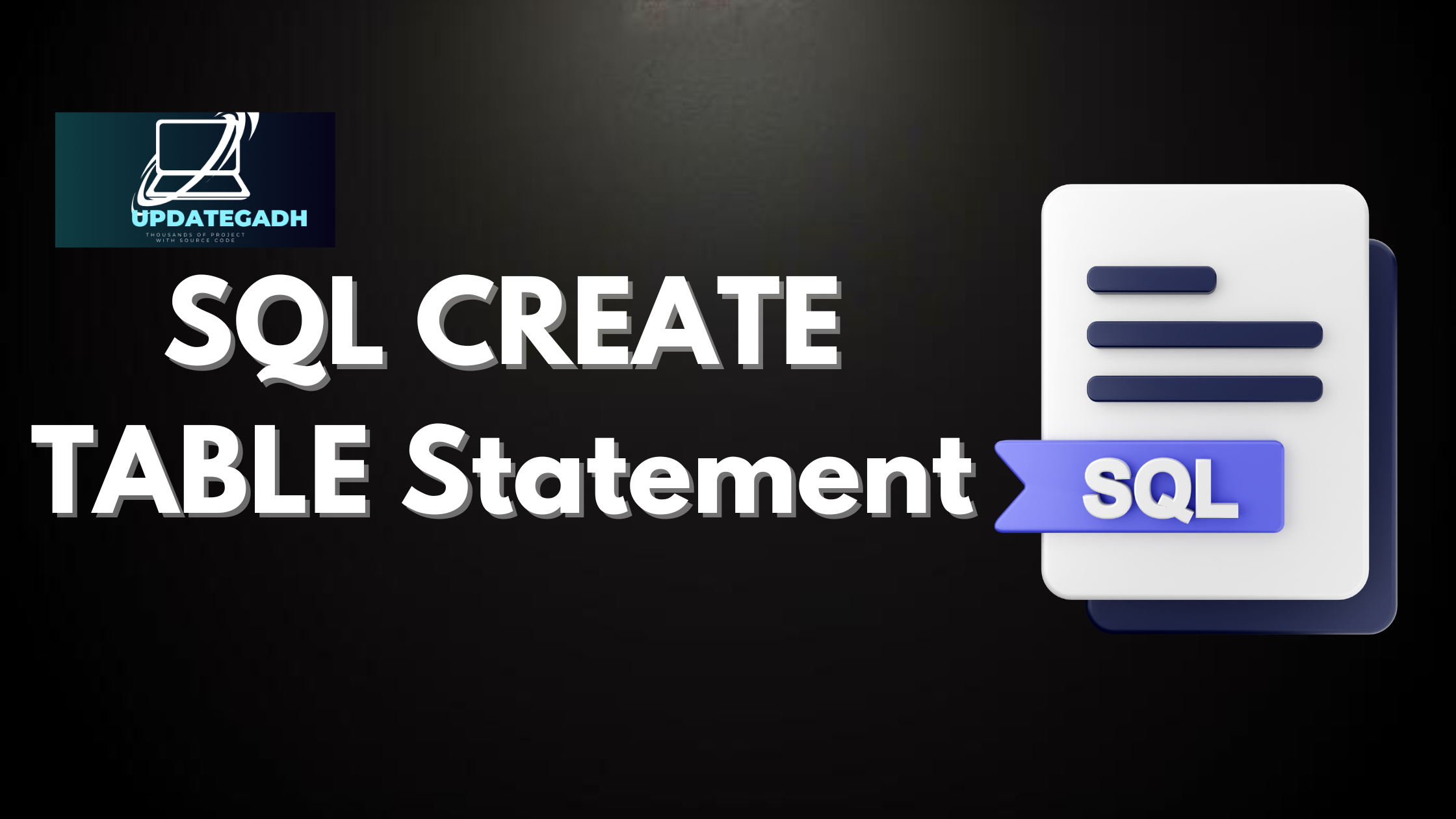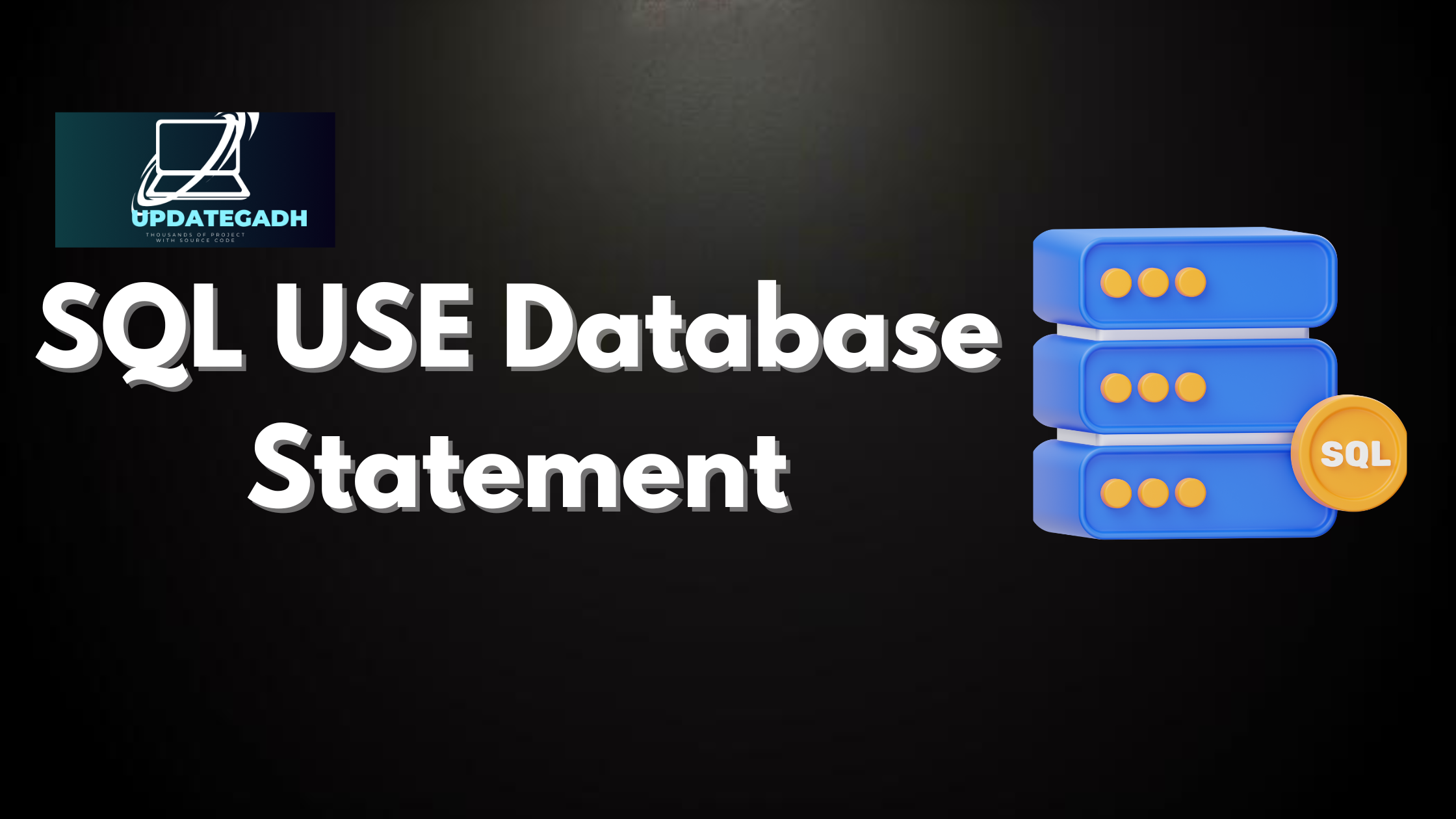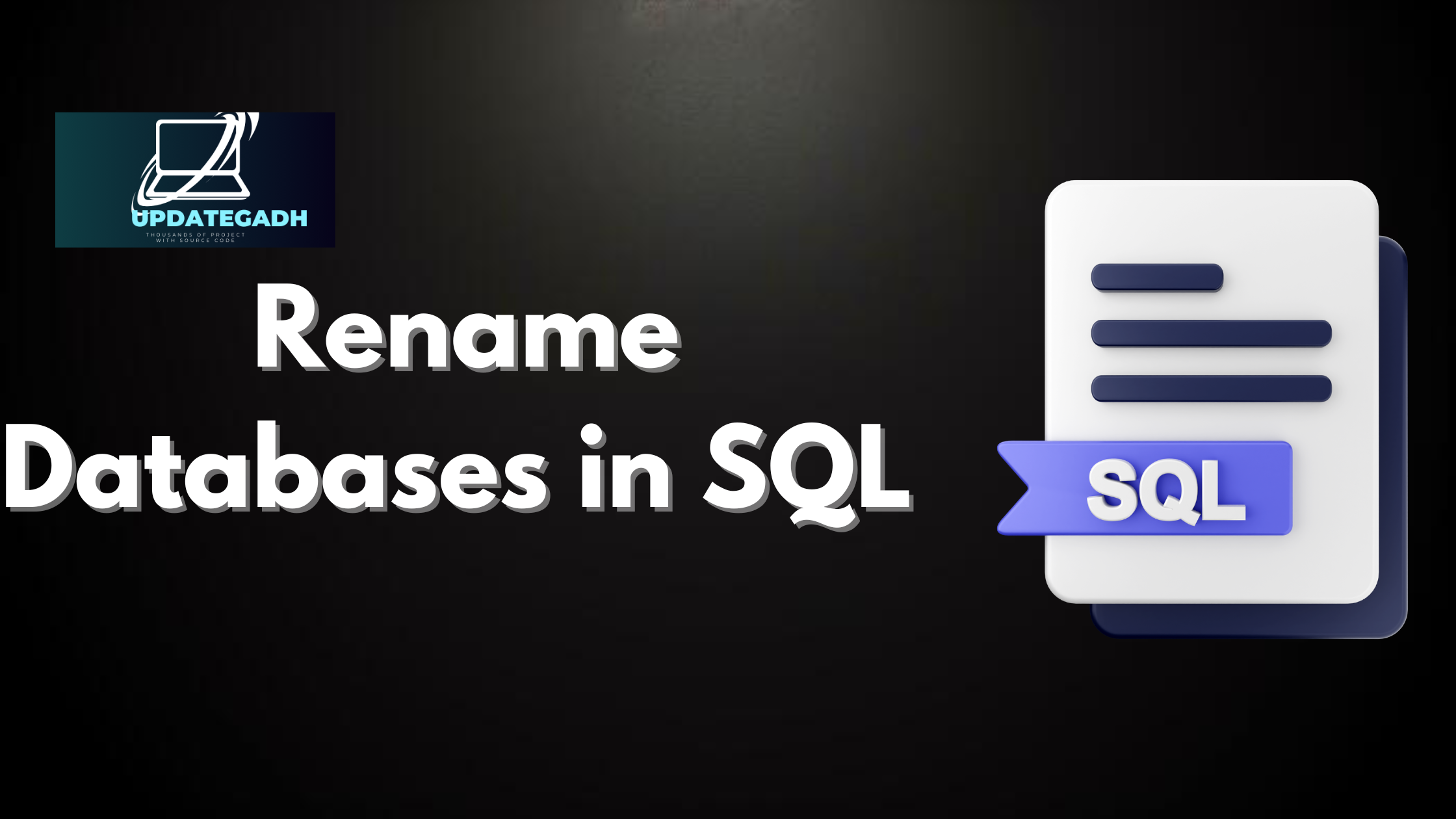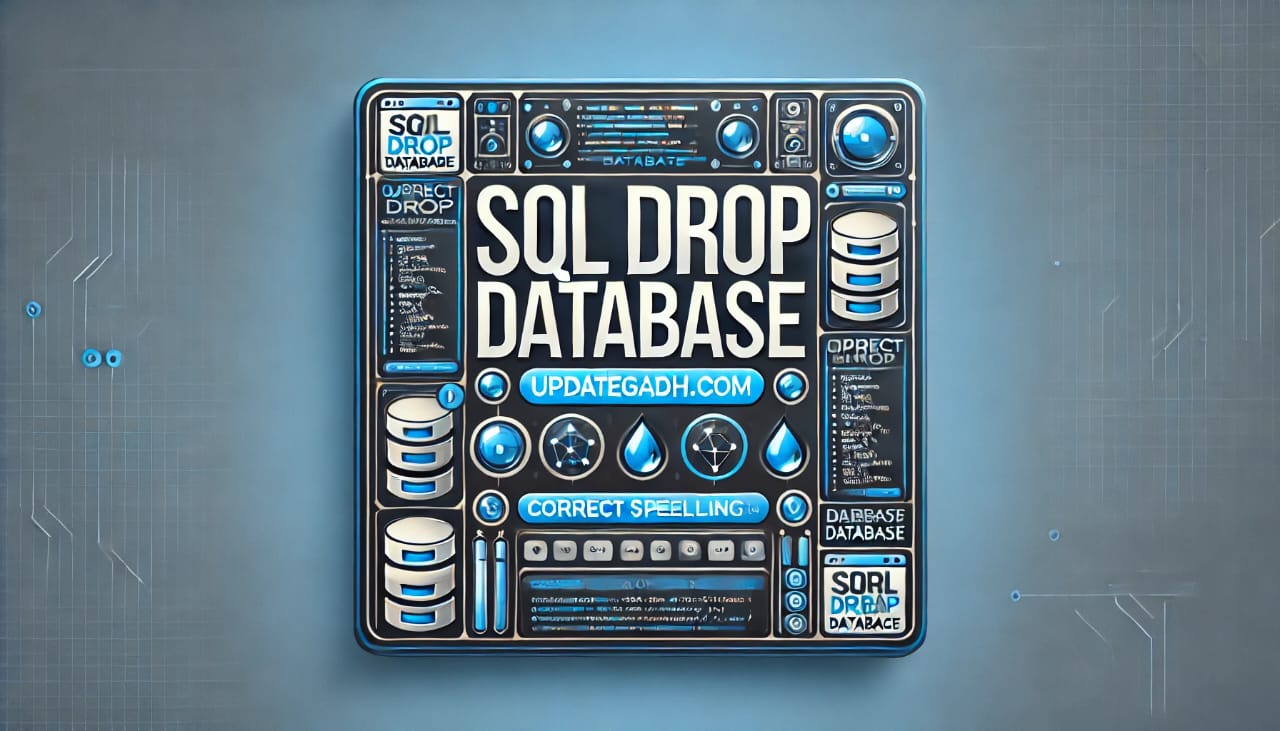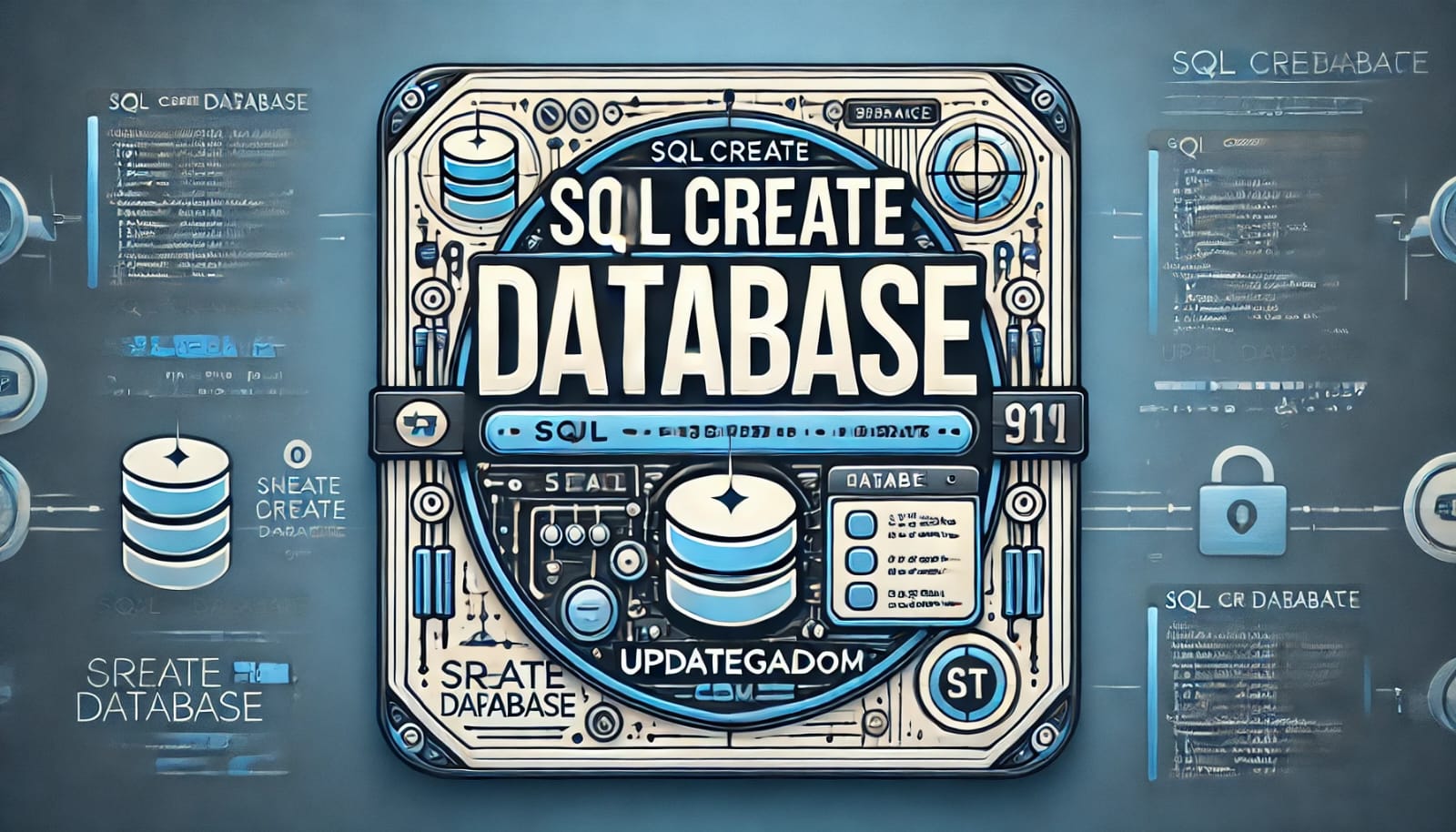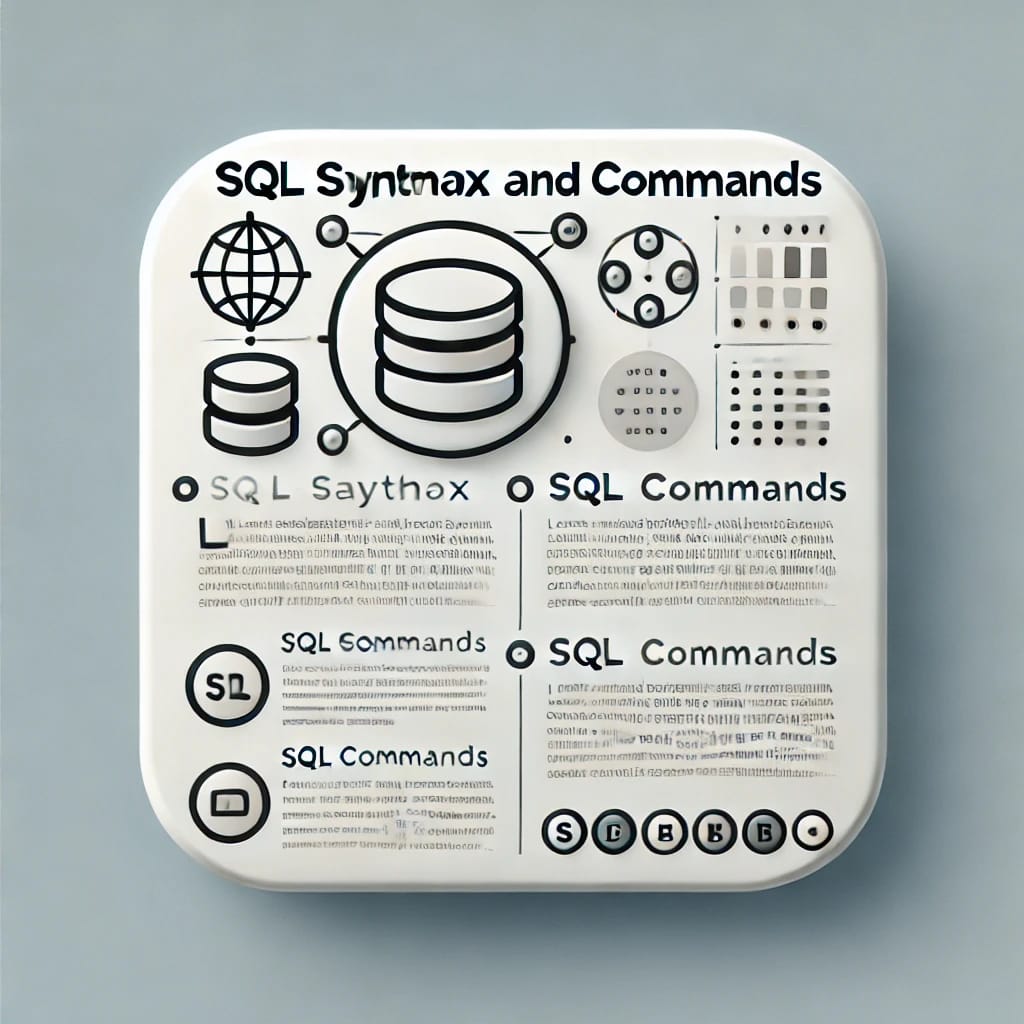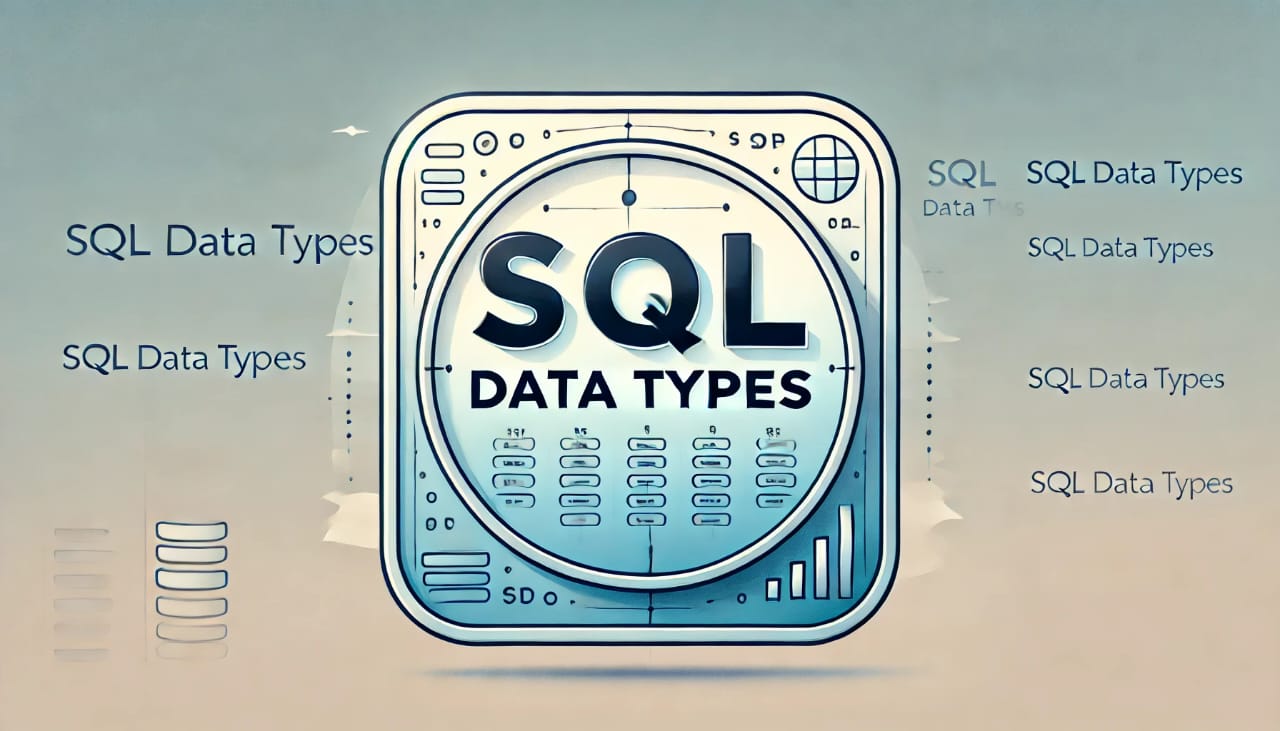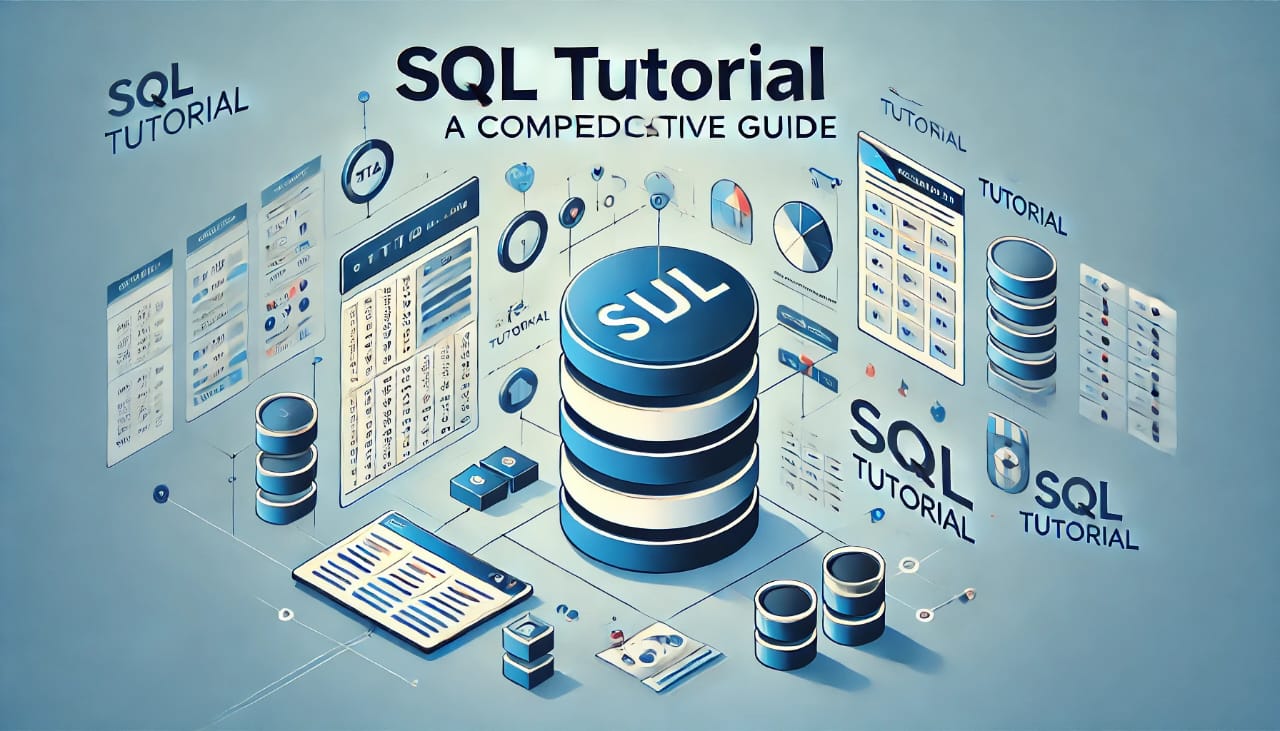Your cart is currently empty!
Category: SQL Tutorial
Understanding the SQL CREATE TABLE Statement
Menu SQL Tutorial SQL Data Types Comprehensive Guide to SQL Syntax SQL CREATE DATABASE Statement SQL DROP DATABASE Rename Database in SQL SQL USE Database Statement SQL CREATE TABLE Statement The CREATE TABLE statement is a fundamental SQL command used to define a new table within a database. This command allows you to specify the…
Understanding SQL Tables: The Foundation of Data Organization
Menu SQL Tutorial SQL Data Types Comprehensive Guide to SQL Syntax SQL CREATE DATABASE Statement SQL DROP DATABASE Rename Database in SQL SQL USE Database Statement SQL Tables A SQL table is a structured collection of data, systematically organized into rows and columns. In the realm of database management systems (DBMS), a table is referred…
SQL USE Database Statement
Menu SQL Tutorial SQL Data Types SQL USE Database Statement When working with databases, one of the first tasks for database users and administrators is to select the appropriate database to run queries on. Whether it’s tables, views, or indexes, selecting the right database ensures that operations are performed on the correct dataset. SQL provides…
SQL DROP DATABASE: A Comprehensive Guide
Menu SQL Tutorial SQL Data Types SQL DROP DATABASE An effective command for permanently removing an existing database from the system is the SQL DROP DATABASE statement. Along with the database, all associated views, tables, and data are irretrievably erased. Therefore, it is crucial to exercise caution when using this command to avoid accidental data…
Understanding the SQL CREATE DATABASE Statement
Menu SQL Tutorial SQL Data Types SQL CREATE DATABASE In SQL, the CREATE DATABASE statement marks the foundational step for managing and storing structured data within database systems. This command is crucial for database developers and users, enabling them to create new databases tailored to their application needs. It ensures an organized repository for data,…
Comprehensive Guide to SQL Syntax and Key Commands
Menu SQL Tutorial SQL Data Types SQL Syntax and Key Commands Structured Query Language (SQL) is the backbone of database management, allowing users to manipulate and interact with data in a database seamlessly. Every SQL operation is performed using a predefined syntax that ensures uniformity and efficiency. This guide explores SQL syntax and its key…
SQL Data Types: A Comprehensive Guide
Menu SQL Data Types Data types in SQL define the kind of data a column in a database table can hold. They are fundamental to structuring data effectively and ensuring its integrity. For instance, if you want a table column to store textual data, you’ll declare a string data type for it. SQL data types…
SQL Tutorial: A Comprehensive Guide
Menu SQL Tutorial SQL Data Types SQL Tutorial SQL, or Structured Query Language, is the backbone of data management in modern organizations. Whether you’re a beginner stepping into the world of databases or a seasoned professional, this tutorial provides an in-depth understanding of SQL’s fundamental and advanced concepts. Complete Python Course with Advance topics:-Click here…
